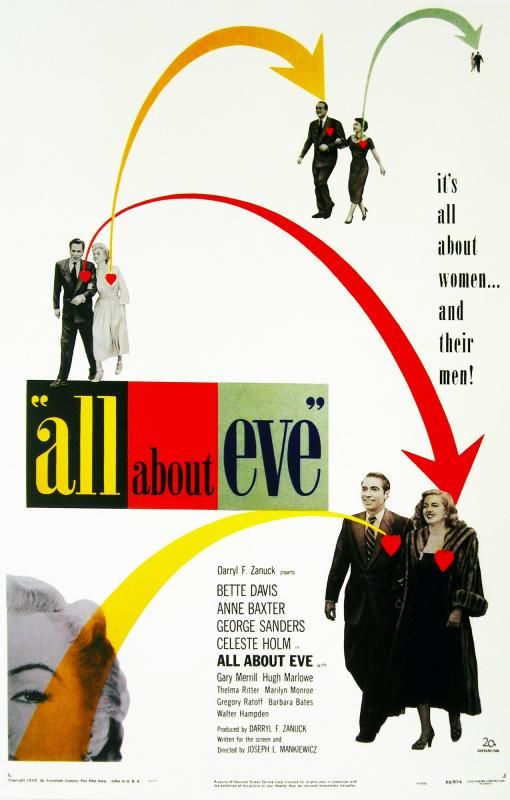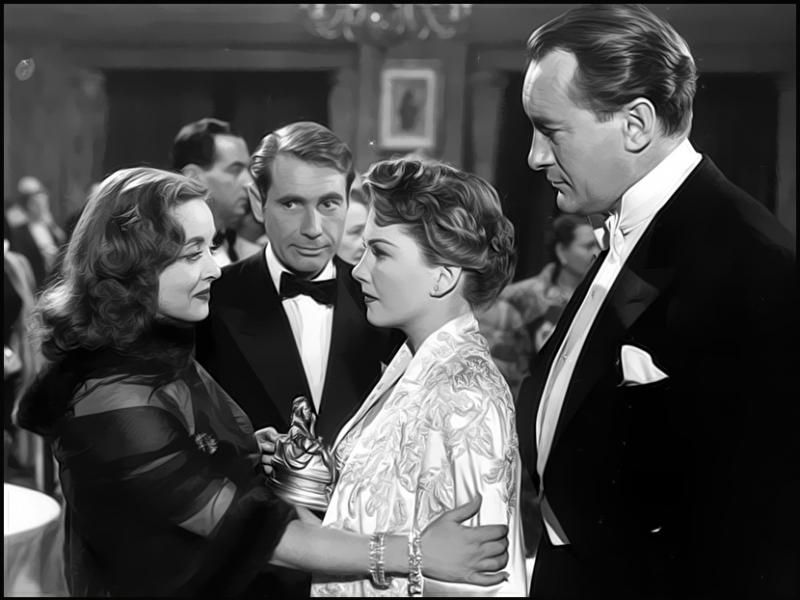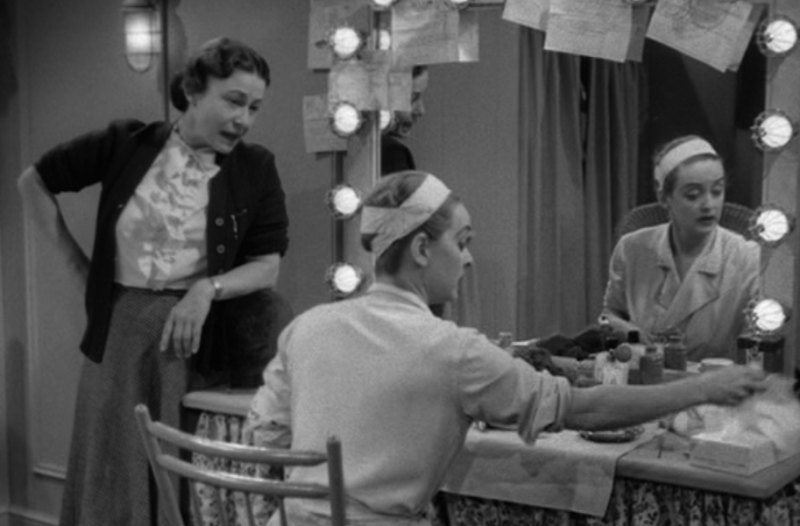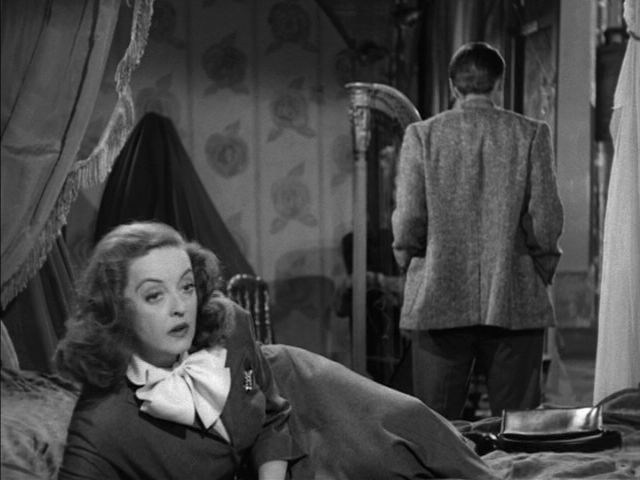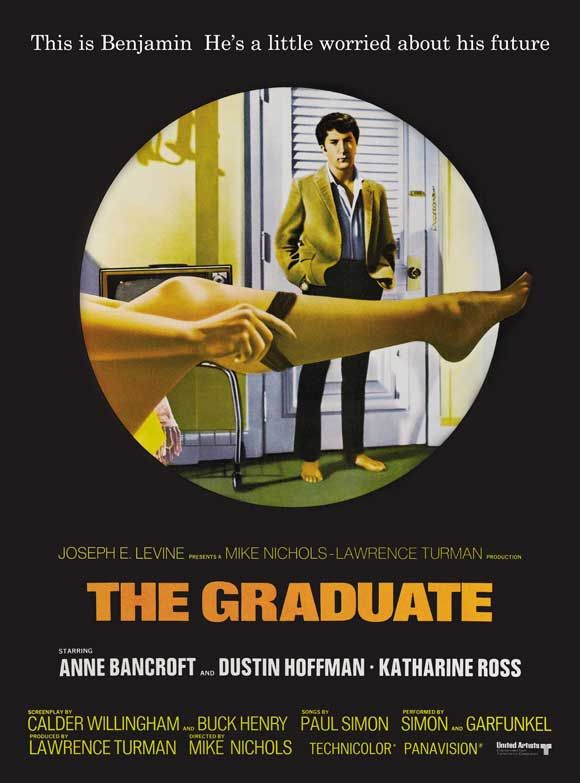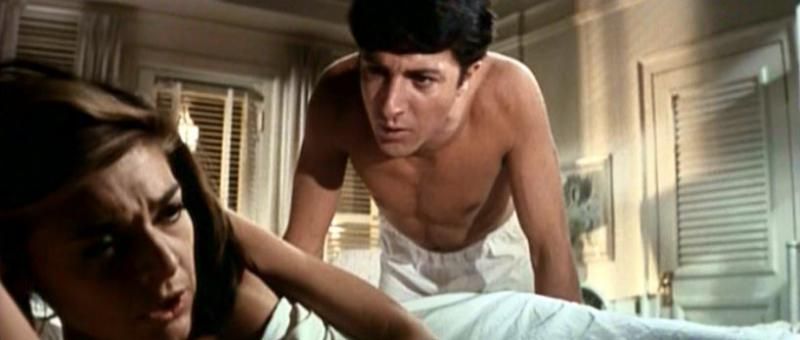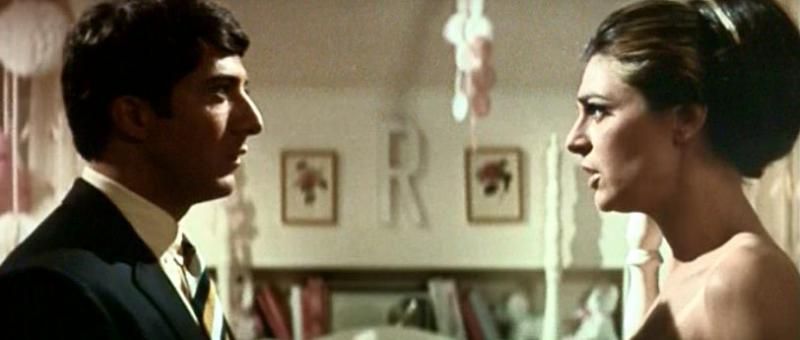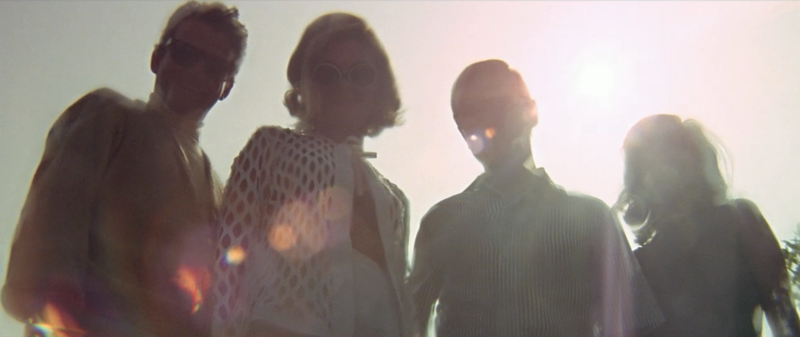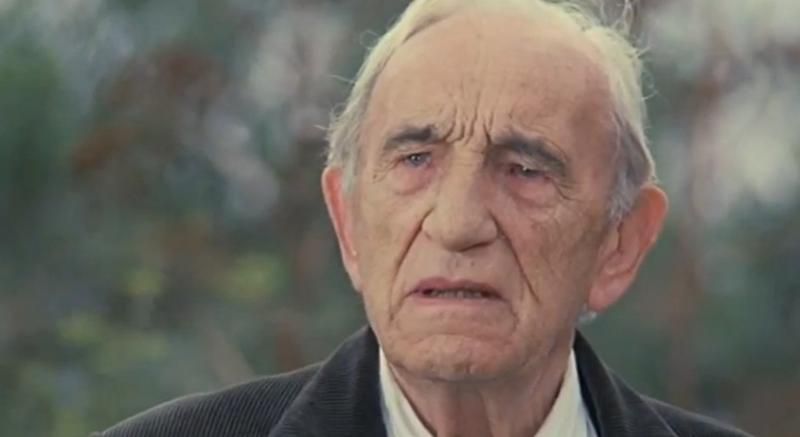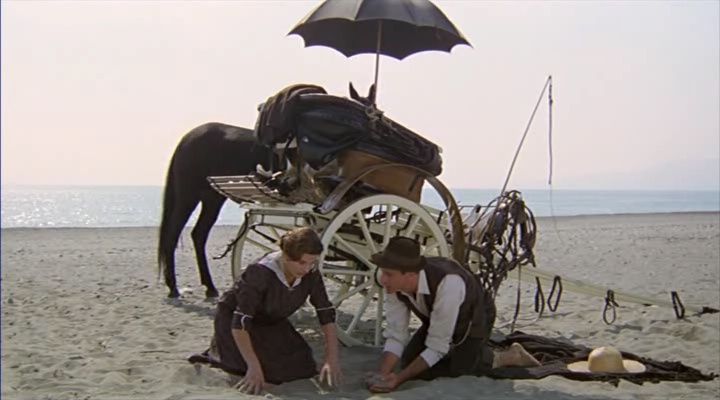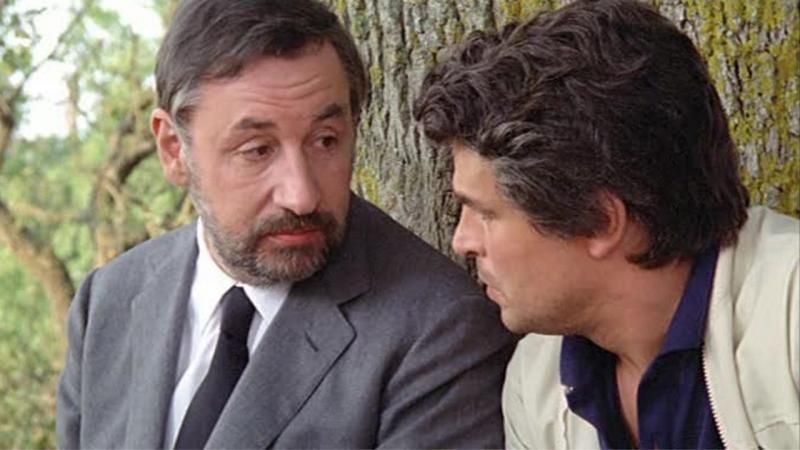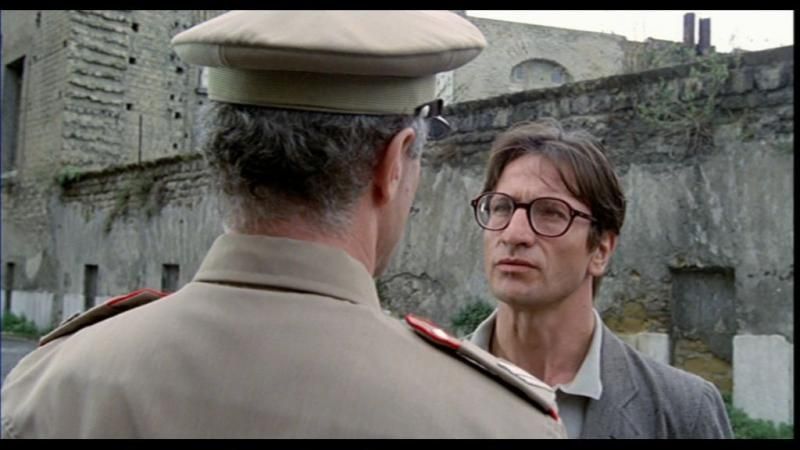All
About Eve
1950
Director: Joseph L. Mankiewicz
Starring: Bette Davis, Anne Baxter,
George Sanders, Celeste Holm, Thelma Ritter
Some
movies are famous because they come from a certain director. Some are famous because they tell a
fascinating story, and others are famous because of gorgeous
cinematography. While All
About Eve’s director is certainly famous enough, and it’s story interesting
enough, I don’t think this is where it gets its power from. No, All About Eve’s power comes directly
from two sources: smart writing and wicked acting, and here, the two go hand in
hand. This entire movie is about
characters, about winding them up and watching them interact with each
other. And it’s just phenomenal on that
score.
Margo
(Davis) is a famous theater actress with a tight knit group of friends,
including Karen (Holm), and her assistant Birdie (Ritter). One night, Karen sees a young woman, Eve
(Baxter), who has never missed a performance of Margo’s latest show and takes
her backstage to meet her idol. What
inevitably unfolds is Eve’s wrangling her way into Margo’s life, slowly and
insidiously trying to not merely follow in Margo’s footsteps, but actually take
over her life. She takes Margo’s place
on the stage and tries to steal her boyfriend away. But even Eve meets her match as soon as she
comes up against oily theater critic Addison DeWitt (Sanders).
The
opening scene sets up the entire plot, even letting us know, more or less, what
will happen, and certainly establishes the vicious attitude of the film. We are treated to George Sanders’ biting voiceover
as he sarcastically points out, as only Sanders can, the foibles of nearly
every character in the room. Our first
major character introduction, besides Addison DeWitt, is Karen, and Holm is
ever so good in keeping a placid façade that nonetheless cannot hide her
disgust. We then have a close up on
Margo, and here, even more so than Holm, Davis is barely containing a sense of
hatred. Right from the moment the flag
drops, All About Eve is vicious and underhanded, and it’s bloody
fantastic. Although I wouldn’t call All
About Eve a film noir, it may be likened to a female noir, at least in
terms of character interaction. There
are no guns and no death and certainly no shadowy lighting, but it has a bit of
noir attitude. It’s transplanted from
the world of crime to the world of the theater; we get to watch people tear
each other apart not with bullets but words and attitudes. Again, I would never classify All
About Eve as a film noir, but I do believe my attraction to this film
is related to my attraction for classic noir.
 |
| Plus Marilyn Monroe. What more could you need? |
What’s
key here is that we know from the get go, from before the first backstage scene
with Margo’s crew, that Eve is acting.
We can tell from how Eve bows sycophantically when she is accepting the
Sarah Siddons award in the opening scene that nothing about her is genuine. The fact that Karen and Margo do not applaud
is merely confirmation, not a revelation.
When, ten minutes later, she is regaling us with her tale of hard luck
and woe, we don’t buy it for a second.
This turns the focus in this scene not to Eve, but to Margo. We watch with disbelief as Margo swallows
every damn word Eve feeds her.
Personally, I love it when Birdie immediately calls Eve out, how Birdie
can see through her shenanigans immediately.
That’s key, because it gets us thinking about the distinctions between
Margo and Birdie, why Margo buys it but Birdie doesn’t. Eve’s ploy would never work were it not for
Margo and her ego, and this first meeting sets that up perfectly. Birdie is utterly without ego, a sharpshooter
who simply calls it like she sees it. Margo,
on the other hand, while kind and loyal, is also full of herself, and her ego
is too well-stroked by Eve to allow her to see clearly, and that is her
downfall.
Davis
is, naturally, fantastic in this, one of her most iconic roles. If it were any other actress playing Margo, I
would use the term “brave” to characterize this performance, but because it is
Davis I will say it is “par for the course.”
“Brave” becomes a redundant term when discussing La Davis; she was an
actress full of fearlessness. In
particular, I am astounded at the continual references to age in All
About Eve. Margo seems to
comment nearly continually about the age of people around her, knowing full
well how young Eve is compared to her.
Margo makes jokes about her age, which is never explicitly revealed, but
these jokes always betray a sensitivity towards aging. Margo realizes that she is too old to play
the romantic heroine anymore, and as an actress, what is she now to do? Her role is changing and she does not want to
simply accept her movement to less gracious roles, but sadly, she is forced to
do exactly that. For Davis’ part, she
was 42 when she played Margo, and she looks every day of it, perhaps even
older. There are bags under her eyes and
creases in her forehead, and her jaw sags ever so slightly. How sad that I find this unusual, to see a
middle-aged woman playing a middle-aged woman and looking exactly like a
middle-aged woman, and what a comment on Hollywood. What roles are there for an actress above a
certain age? With that in mind, it’s
stunning that both All About Eve and Sunset Boulevard were released in
the same year, as both films tackle the issue of the marginality of the aging
woman, but not men. As Margo says,
“Bill’s thirty-two. He looks thirty-two. He looked it five years ago, he’ll look it
twenty years from now. I hate men.” I get the feeling that if we locked both
Margo Channing and Norma Desmond in a room together, they would either claw
each other’s eyes out or get massively drunk together while swapping anti-aging
tips.
Several
years ago, I saw All About Eve at the Dryden.
I had seen it before on DVD, but I rarely pass up the chance to see a
film on the big screen, as I am all too aware that the right (or wrong) setting
can alter the effect of a film. What I
did not know, as I settled into my regular seat, was that All About Eve is an
iconic film in the gay community. My
ignorance was quickly wiped away, as it became very apparent very fast that
there a large number of, how shall I say this, vocal fans of the film in the
audience. What resulted from this was an
absolutely uproarious evening, with booing and hissing at Eve and cheers
aplenty for Margo’s bitchiness. The
experience gave me an entirely new respect for the sheer entertainment factor
of this film, and it was one I’m glad I got to experience.
I’ve
returned every year or so to All About Eve, and every time I do,
it keeps getting better. As I age,
although I don’t consider myself old, I find myself enjoying it more. There’s a great deal going on in All
About Eve (and I didn’t even get to mention how much I adore George
Sanders!), and multiple watches simply give me more to think about. The great films bear up to repeated
viewings. All About Eve is
undoubtedly a great film.
Arbitrary
Rating: 9/10
